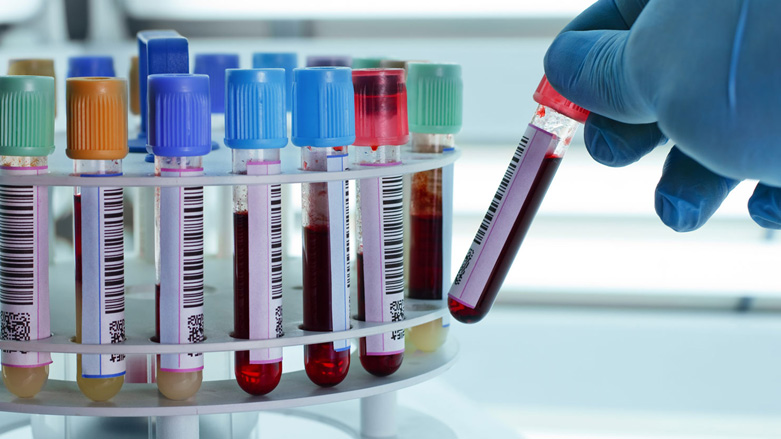World AIDS Day: 29 HIV cases registered in Kurdistan in 2018

ERBIL (Kurdistan 24) – A Kurdish health official on Saturday announced that, in the past 11 months, six individuals from the Kurdistan Region have contracted the HIV virus and over 20 foreigners deported after testing positive for the deadly disease.
“The AIDS cases in the Kurdistan Region are very few, compared to other countries,” Health Ministry Spokesman Khalis Qadir told Kurdistan 24.
“This year, six cases of AIDS have been registered in the Kurdistan Region, and 23 foreigners were deported to their countries for having AIDS following their blood tests,” he added.
Though the terms HIV and AIDS are often used interchangeably, AIDS (acquired immunodeficiency syndrome) is an advanced condition that can occur if one has contracted the HIV virus. It is detected by observing symptoms, while the presence of the HIV virus is what such tests screen for.
Qadir also stated that since the advent of HIV in the early 1980s until now, a total of 32 cases have been found inside the Kurdistan Region. “Again,“ he stressed, ”this is a very small number.”
The Kurdish spokesperson said that the low number is a result of the ministry’s efforts in the Kurdish semi-autonomous region to spread social awareness about the disease and to put into effect necessary procedures in all cities and towns to regularly conduct blood tests.
Last year, Health Minister Rekawt Hamarashid stated that no cases of AIDS were registered among those from the Kurdistan Region and that only 26 cases of were identified among foreigners visiting the region, after which they were immediately deported back to their countries.
Dec. 1 is designated as World AIDS Day. According to the World Health Organisation (WHO), HIV has claimed more than 35 million lives, so far. In 2017 alone, 940,000 people died from HIV-related causes globally.
There were approximately 36.9 million people worldwide living with HIV at the end of 2017, with an estimated 1.8 million people becoming newly infected.
Editing by John J. Catherine
